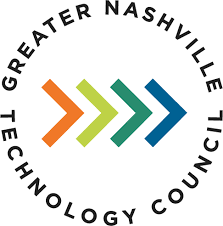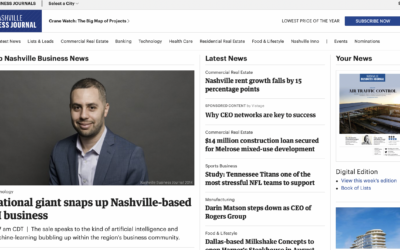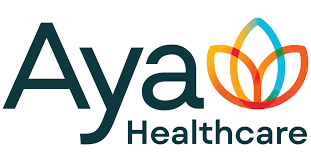NASHVILLE – July 1, 2020 – SwitchPoint Ventures announced the launch of Polaris Health, an AI-driven health IT company with an all-in-one solution that predicts provider demand volumes and produces optimal clinician schedules.
Predicting provider demand has long plagued healthcare administrators focused on cost reduction activities. In fact, according to a Healthcare Financial Management Association study, labor expense is the number one priority for hospital CFOs seeking to reduce operating expenses.
Polaris Health’s solution utilizes proprietary machine learning algorithms to predict provider demand, distribute clinician resources to meet that demand, and optimize clinician schedules. It caters to physicians and nurses alike and is applicable to any practice area or specialty.
SwitchPoint Ventures built Polaris Health’s core technology in collaboration with PhyMed Healthcare Group, the physician-led and owned anesthesia services leader, to address their desire to better optimize clinical staffing, both from a provider satisfaction and cost efficiency perspective.
“We are a forward-looking, data-driven organization,” said PhyMed CEO Marty Bonick. “Although we use several labor management tools, there is no solution currently in the market that accurately predicts patient demand to inform our staffing needs. We partnered with SwitchPoint because of their expertise in exploring how AI could be leveraged to address our needs. We couldn’t be more impressed with the collaboration with the team and accuracy of the prediction models in creating something that no one has ever successfully done before.”
The resulting AI-powered technology developed through the PhyMed collaboration gave birth to Polaris Health.
Polaris Health will be led by Dr. Sam Clemmons, an emergency medicine physician who has more than 25 years of experience growing and leading operations for independent physician groups, including American Physicians Partners.
“When I was introduced to the Polaris technology, I knew I had to jump on board,” says Dr. Clemmons. “As a clinician, I have personally experienced the frustration of being given suboptimal schedules that don’t support a healthy work-life balance. As an operator, I understand the difficulty in balancing care coverage while containing costs.”
Dr. Clemmons and his team will continue to be backed by SwitchPoint Ventures, the venture studio led by healthcare data science veterans that launches artificial intelligence-powered businesses by pairing its expertise in AI with the industry expertise of respected organizations.
About Polaris Health:
Polaris exists to help healthcare providers deliver superior care in a sustainable model amid a complex, ever-changing environment. Through cutting-edge technologies, we will bring equilibrium to the healthcare labor market. For more information, please visit www.polarishealth.ai.
About PhyMed Healthcare:
Headquartered in Nashville Tennessee, PhyMed Healthcare Group is a physician-led and owned anesthesia services leader with a focus on redefining perioperative partnerships. PhyMed clinicians create positive patient interactions before, during and after surgery as a trusted partner to healthcare systems, ambulatory surgery centers and office-based anesthesia with over 900 clinicians nationwide. Learn more at www.phymed.com.
About SwitchPoint Ventures:
SwitchPoint exists to help people and organizations achieve their highest potential through exploration, insight, and innovation. We partner with subject matter experts across industries who share our core values, embrace innovation, and strive for deep understanding of their respective domains. Within a partnership format, we create high-impact products and companies with artificial intelligence as a core component. Our vision is to become the most admired company advancing business through artificial intelligence. Learn more at www.switchpointventures.com.





